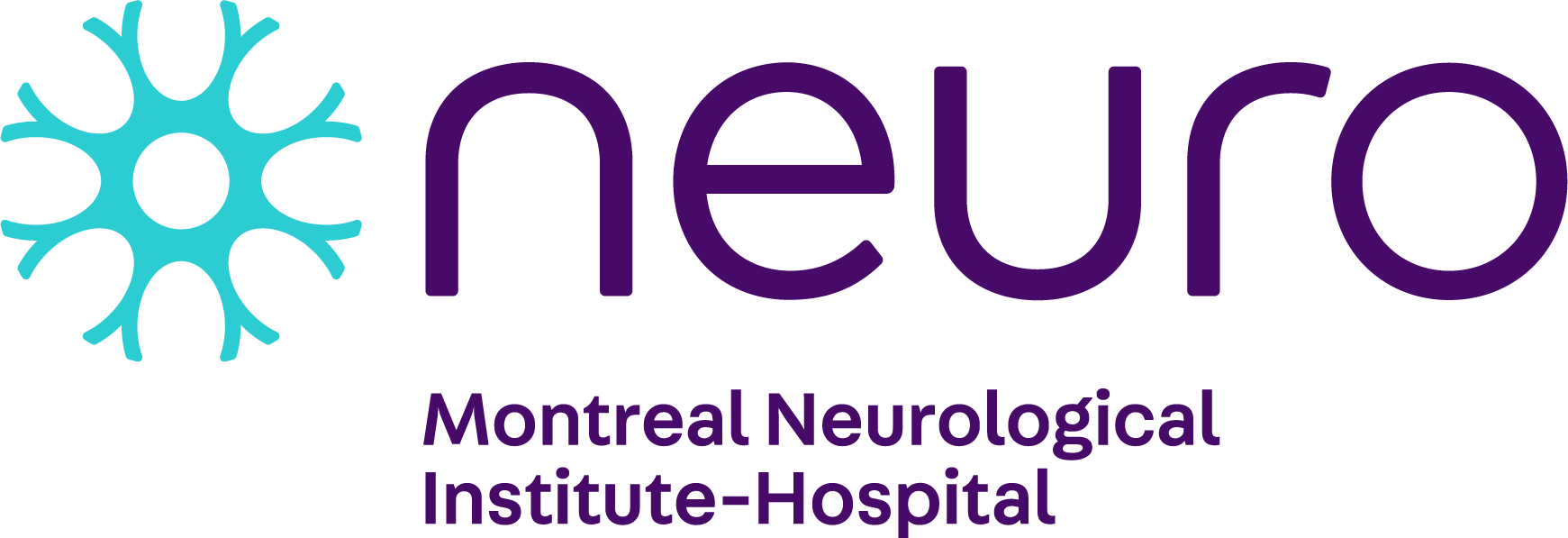Pedro Valdés-Sosa, a world-leader in neuroinformatics and founder of the Cuban Neuroscience Center, will be taking part in a Facebook live on March 14 at 2 p.m. If you would like to submit a question email it to shawn.hayward [at] mcgill.ca. To watch the Facebook live visit:
The future of neuroscience is collaboration, not just across institutions, but across borders. An agreement between three countries will accelerate progress towards effective therapies for dementia and Alzheimer’s, one of the most pressing health problems of our time.
In January of 2018 the governments of China, Cuba, and Quebec announced funds that would allow neuroscientists from each country to gather and share brain-mapping data in their investigations of dementia.
Their efforts aim to uncover the basic mechanisms of dementia, to identify biomarkers for the early detection of Alzheimer’s disease, to accelerate the translation of research findings into clinical use, and to assess the connections between dementia and differing lifestyles. As the world’s population ages, dementia is becoming one of the largest health problems of our time, costing billions in healthcare and lost productivity.
The Trinational Axis in Normal and Pathological Cognitive Aging project will be structured to achieve results that Canadian, Cuban and Chinese scientists could not achieve alone in their country of origin.
The principal investigator for the project in Canada is Alan Evans, a senior researcher in The Neuro’s McConnell Brain Imaging Centre (BIC). Cuba’s representative is Pedro Antonio Valdés-Sosa, coordinator of the Cuban Brain Mapping Project at the , and China’s representative is Dezhong Yao of the (UESTC) in Chengdu.
Canada, China, and Cuba are geographically and culturally distant, yet they share important similarities. All three countries offer government-funded health care to varying degrees, which means they put emphasis on research that can make an impact on public health. Each country will bring its own strengths to the project.
CBRAIN and LORIS are two computational platforms developed in Evans’ lab for storing and sharing scientific data that will be key to the success of the Trinational Axis in Normal and Pathological Cognitive Aging project. Not only will they allow scientists in the three countries to transfer data among themselves, but they form the initial building blocks for a neuroinformatics platform connecting the three countries that will support future collaborative research into other neurological and mental disorders.
“CBRAIN is a web portal to Canada’s high-performance computer infrastructure and to the cloud,” says Evans. “By plugging a laptop into CBRAIN, a scientist can generate results from an algorithm many times faster than on their local computers. Over 500 scientists are already using CBRAIN worldwide.”
The LORIS platform is a web-based database for collecting neuroscience information. “LORIS supports imaging data, behavioural and psychological testing information, as well as genomics and epigenomics data,” says Evans. “What’s significant is that this complex information can be captured and analyzed for a specific subject. LORIS already underpins many multi-site projects around the world.”
��As the most populous nation in the world, China has a huge patient group from which to draw data. Evans sees data generation and advanced data analytics as China’s major contributions to the project.
“China doesn’t have integrated national neuroscience IT platforms like CBRAIN and LORIS, but it does provide a large number of test subjects. If we in the West consider 100,000 subjects a big number, China can bring data on one million. Plus China has specialized genetic populations from which to draw information and a wealth of sophisticated computational modelling.”
Such data will be eagerly analyzed, says Valdés-Sosa, who is also holds a research position at UESTC in Chengdu. Cuban neuroscientists have valuable experience bridging the gaps between basic research, clinical utility and population health that they will share with the project.
“Cuba doesn’t have the resources to gather a lot of data, but hopes to leverage the amount of data gathered in other countries,” says Valdés-Sosa. “This trilateral project is ground breaking. I don’t know of any other such program.”




